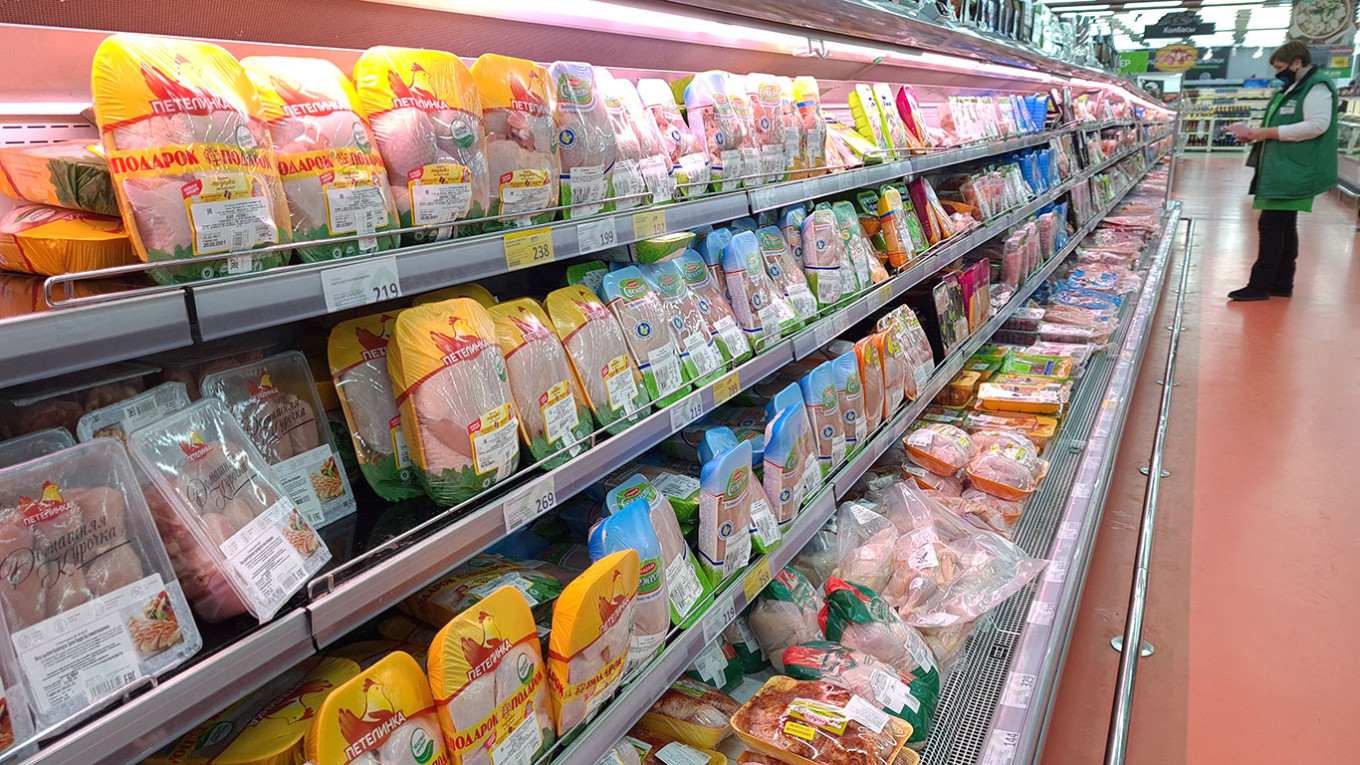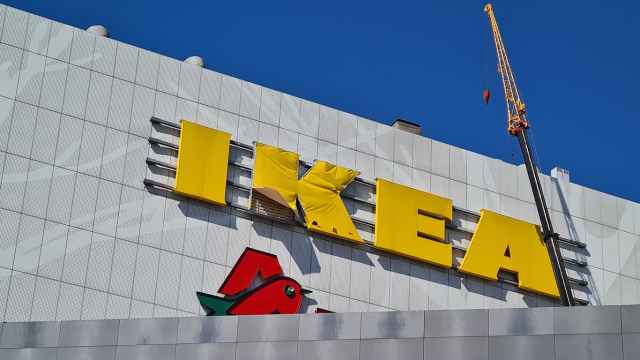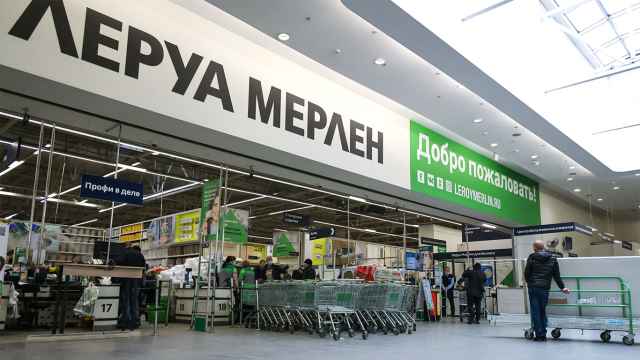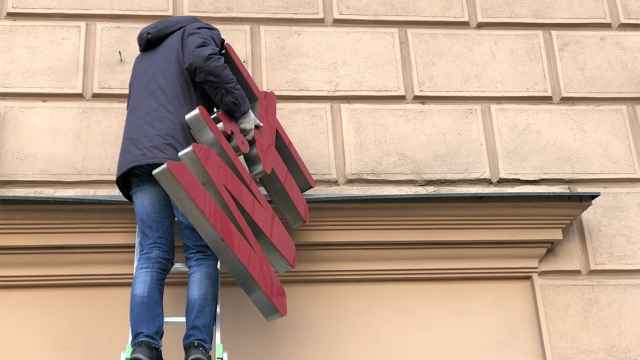Russian competition authorities have launched an investigation into the country’s largest supermarket chains on suspicion of colluding to raise food prices.
Russia’s anti-monopoly service said Friday it had opened a probe into X5 Group — which controls the Pyaterochka and Perekrestok brands — and Magnit, Russia’s two largest food retail chains, as well as the Letna hypermarket chain.
The investigation is being launched “in order to prevent an unreasonable increase in the costs of socially significant food products,” the agency said in a statement. It conducted “unscheduled inspections” Friday in order to look for “anti-competitive collusion which could have led to the maintenance or increase of prices.”
The controversial inquiry comes as surging inflation threatens to derail Russia’s otherwise strong economic recovery. Inflation is currently running at 6.5% on annualized terms — the highest level for five years — and is a highly sensitive topic ahead of parliamentary elections next month.
The Russian government has already rolled out a number of measures including price caps and export quotas in an attempt to keep inflation in check. Prime Minister Mikhail Mishustin previously attacked “corporate greed” as being behind the rise in food prices. The Central Bank, meanwhile, which is tasked with keeping inflation at around 4%, said global factors and supply chain disruptions as a result of the pandemic were the cause of rising food prices at home.
The competition watchdog said it has the power to find companies up to 15% of their annual turnover — a combined four trillion rubles ($54 billion) at the outlets under investigation — should it find evidence they had skirted Russia’s competition laws.
But analysts were unconvinced any serious punishments would be dished out. “Competition investigations usually lead to insignificant fines or several million rubles,” said Sova Capital senior analyst Artur Galimov. He added that the probe was more “a sign of the Russian government’s awareness and concern about the rapid inflation seen in food prices.”
A Message from The Moscow Times:
Dear readers,
We are facing unprecedented challenges. Russia's Prosecutor General's Office has designated The Moscow Times as an "undesirable" organization, criminalizing our work and putting our staff at risk of prosecution. This follows our earlier unjust labeling as a "foreign agent."
These actions are direct attempts to silence independent journalism in Russia. The authorities claim our work "discredits the decisions of the Russian leadership." We see things differently: we strive to provide accurate, unbiased reporting on Russia.
We, the journalists of The Moscow Times, refuse to be silenced. But to continue our work, we need your help.
Your support, no matter how small, makes a world of difference. If you can, please support us monthly starting from just $2. It's quick to set up, and every contribution makes a significant impact.
By supporting The Moscow Times, you're defending open, independent journalism in the face of repression. Thank you for standing with us.
Remind me later.






